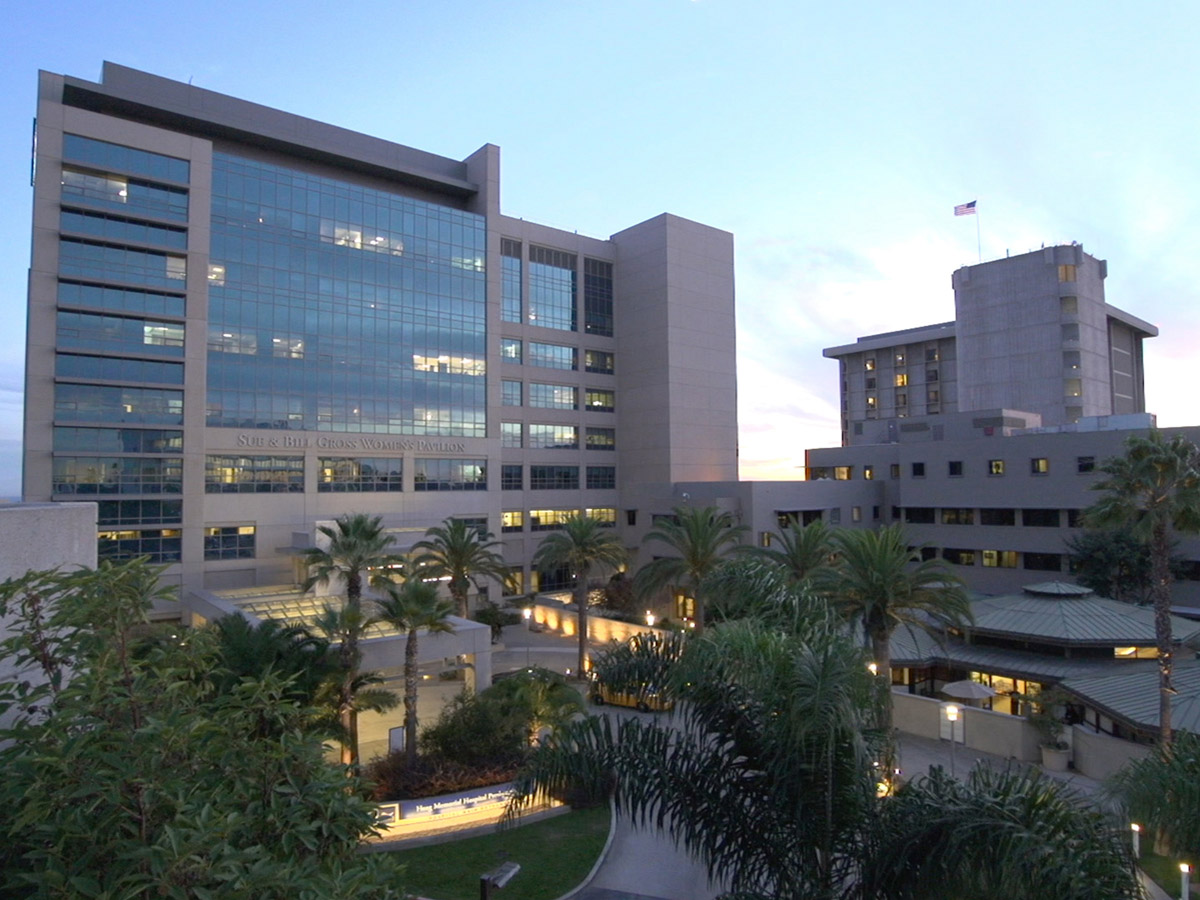
Hoag Memorial Hospital Presbyterian in Newport Beach is the first hospital in California to offer an artificial intelligence (AI) enhancement to patients receiving a colonoscopy. Using the GI Genius intelligent endoscopy module, Hoag’s physicians have begun putting the promise of AI to work in detecting polyps and other colorectal abnormalities with added confidence.
“This is a powerful new tool in our toolbox, an innovation that moves the needle in the fight against colorectal cancer,” said Robert T. Braithwaite, president and CEO of Hoag. “We are excited to be the first hospital in the state to offer this type of technology to our patients.”
GI Genius is a computer-aided detection (CADe) system that uses advanced AI to detect the presence of possible precancerous lesions during a colonoscopy. The colonoscopy images are processed using advanced algorithms that can identify and mark polyp abnormalities in real time, including those that could otherwise go undetected by the human eye.
Finding these small lesions helps increase the adenoma, or pre-cancerous, detection rate (ADR). Studies show that every 1 percent increase in ADR reduces the risk of colorectal cancer by 3 percent.
A leader in bringing meaningful innovation to patient care, Hoag adopted the new technology to help patients prevent colorectal cancer.
“Colorectal cancer is the third-leading cause of cancer-related deaths in the U.S, and screening rates have decreased dramatically in recent years. The earlier we can detect a cancerous polyp and the more precise we can be, the better off a patient will be,” said Paul Lee, M.D., chief of service for the GI Hospitalists Program. “This technology is already making an impact, and I’m proud that we are putting innovation to work to advance patient care and save lives.”
For more information, please visit www.hoag.org/GIGenius.
